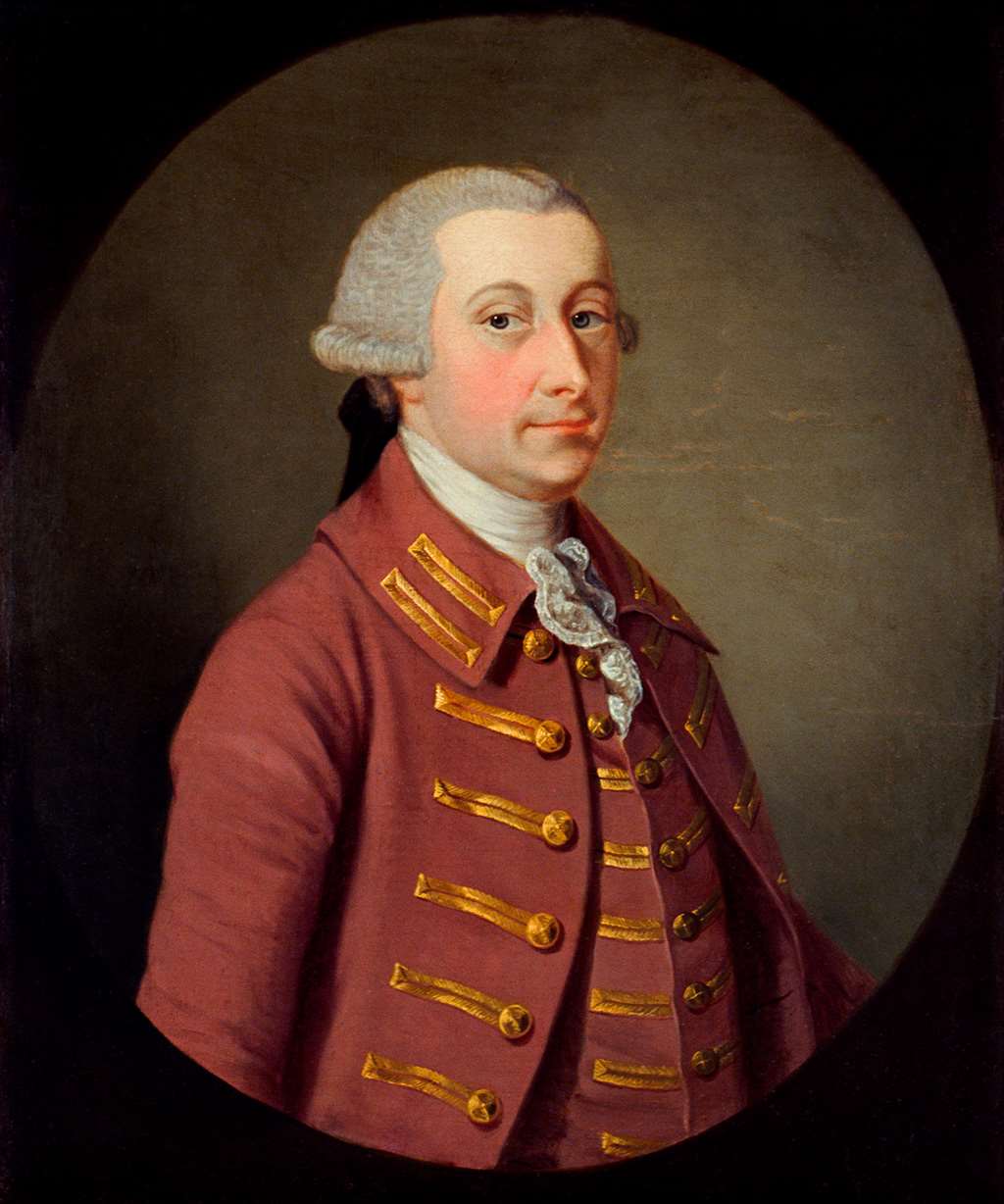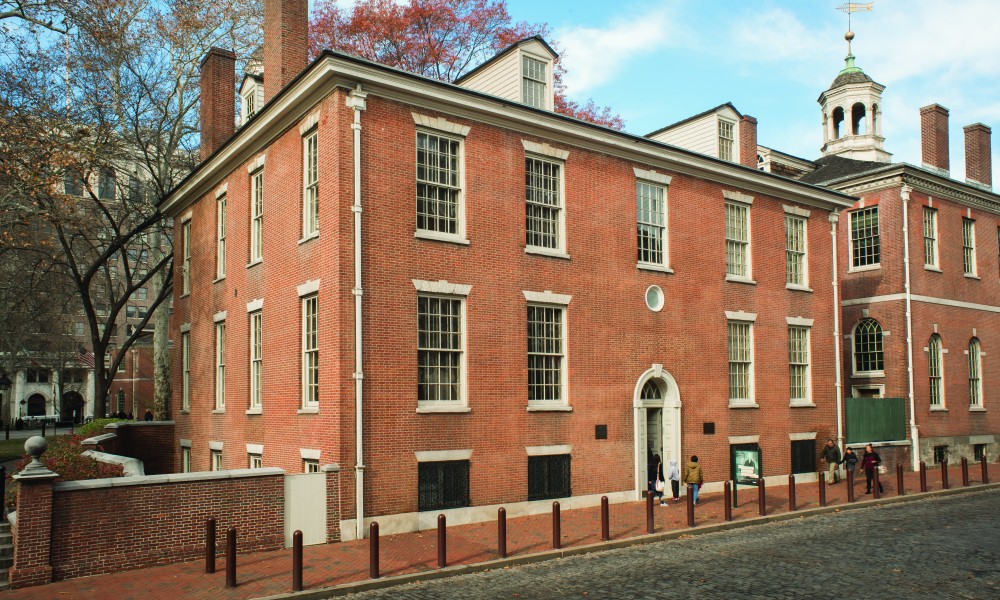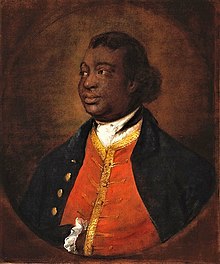“Selwyn, whose constant flow of exquisite wit made him generally acceptable”
One of those people died: watchman George Bigby.
Within weeks, the Kennedys were tried, convicted, and sentenced to death. Matthew was about to step on the cart that would take him to the gallows when a reprieve arrived.
The brothers had a sister, Catherine or Kitty, who was one of London’s leading courtesans. (Many discussions of this case amalgamate Kitty Kennedy with another courtesan named Polly Kennedy, née Jones. There are some nice pictures of that woman, but I’m convinced by the historian Horace Bleackley that I shouldn’t use them because they show a different person.)
Kitty Kennedy’s closest gentleman friends were Lord Robert Spencer, brother of the Duke of Marlborough, and the Hon. John St. John, brother of Viscount Bolingbroke. Both men were members of Parliament. St. John, a barrister, actually testified at the brothers’ trial, claiming a prosecution witness had offered not to testify in exchange for £10; by implication, all the witnesses were dubious.
But Kitty had some prominent ex-lovers as well. And even more men who were won over by entreaties from her and her admirers. Among the aristocrats who publicly supported leniency for the Kennedys were the Duke of Manchester, until recently lord of the bedchamber to George III; the Earl of Carlisle; Viscount Palmerston; the Earl of Fife, who was in the British House of Commons because his peerage was Irish; and Sir George Savile, M.P.
But the Kennedy family’s most active champion was George Selwyn (1719–1791, shown above), yet another member of Parliament. Not because Selwyn was enamoured of Kitty Kennedy—he was gay. And not because he was against hanging—Selwyn was notorious for his fetish for watching people die. Rather, Kitty Kennedy’s admirers seem to have convinced Selwyn that her brothers were not the sort of young men who should be hanged.
There was an obvious class prejudice behind the campaign to keep the Kennedys from being executed. They weren’t street thugs, people said; they worked in an auction house, and had a sister who was a social celebrity. And hadn’t Matthew suffered enough in thinking he was about to be hanged?
Of course, other people thought the Kennedys had been drunk, cruel, and violent, and under the law of the day deserved their death sentence, even if only one could have struck the fatal blow.
Horace Walpole was among those who helped push for leniency while reveling in the insider nature of the campaign. For instance, sometime in 1770 Walpole wrote to Selwyn:
After you was gone last night, I heard it whispered about the room that a bad representation had been made at the Queen’s house against the unhappy young man. Do not mention this, as it might do hurt; but try privately, without talking of it, if you cannot get some of the ladies to mention the cruelty of the case; or what do you think of a hint by the German women [i.e., certain ladies in waiting], if you can get at them?In his memoirs Walpole later described the case this way:
Two Kennedys, young Irishmen, had been charged with, and one of them had been condemned for, the murder of a watchman in a drunken riot. They had a handsome sister, who was kept by two young men of quality.That commutation was made on 17 April. Matthew Kennedy was put on a ship bound for America.
Out of friendship to them, Mr. George Selwyn had prevailed on six or seven of the jury to make an affidavit that, if some circumstances, which had really been neglected by the counsel for the prisoners, had appeared on the trial, they would not have brought in their verdict murder.
Mr. Selwyn applied for mercy, and the young convict was reprieved; but when the report was made in Council, Lord Mansfield prevailed to have him ordered for execution.
Mr. Selwyn, whose constant flow of exquisite wit made him generally acceptable, applied in person to the King, and represented that Lord Rochford, the Secretary of State, had under his hand assured the pardon; that such an act had always been deemed pardon, and that the prisoner had been made acquainted with it. The King immediately renewed his promise, the criminal was ordered for transportation…
TOMORROW: Shipboard conditions.










